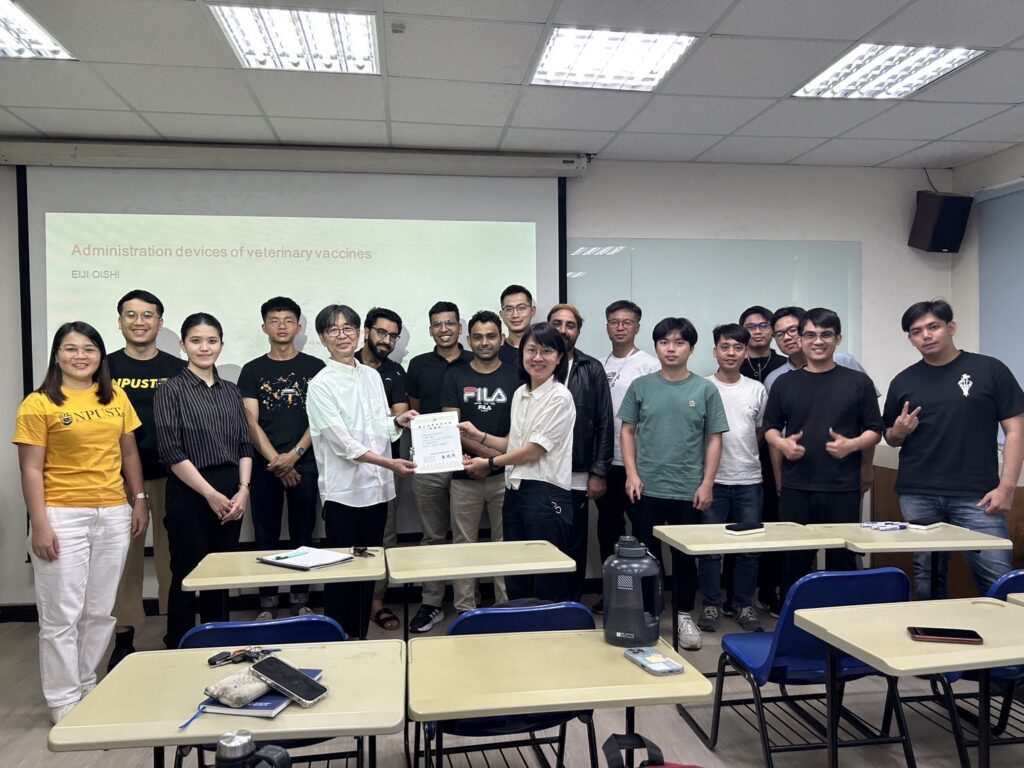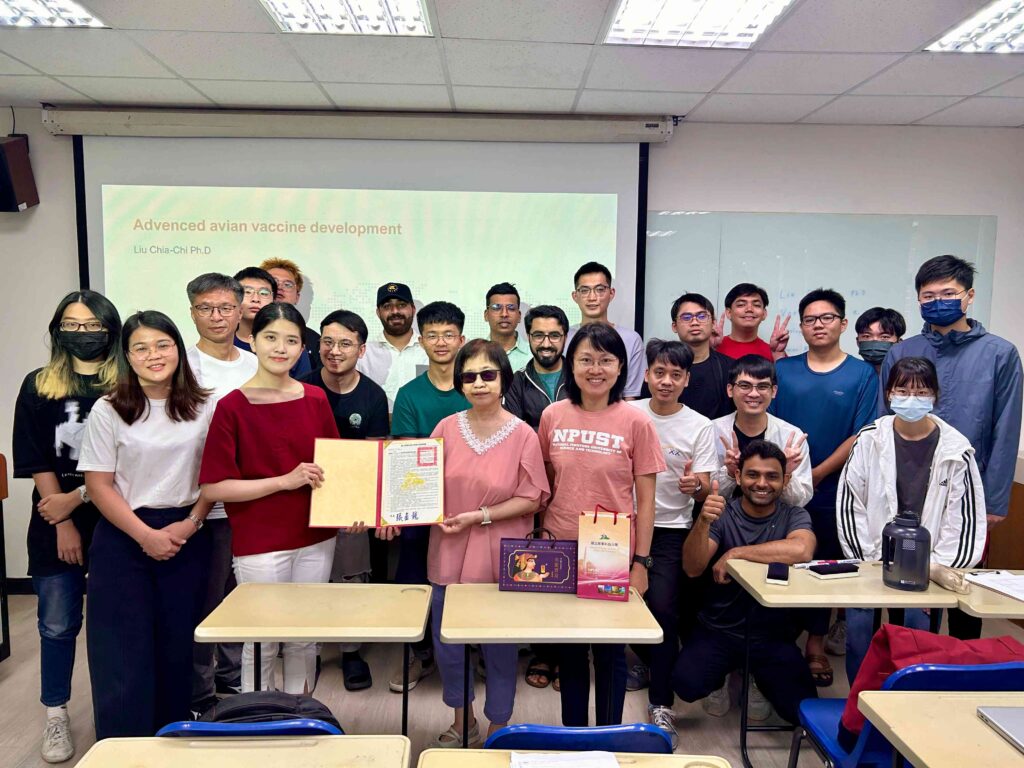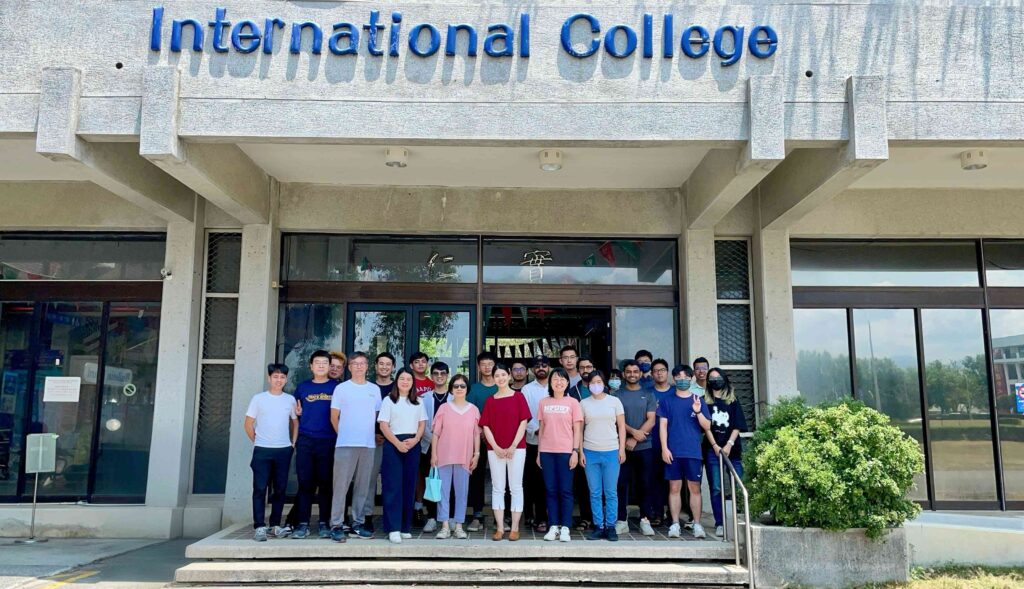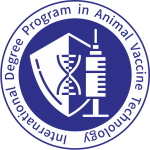On October 14, 2024, Dr. David Lee, Sales Assistant Manager at Reber Genetics Co., Ltd., presented a special seminar on “Domestic and Overseas Inspection and Registration Procedures for Animal Drugs & Experience Sharing in International Business Development” This informative session delved into the complex processes involved in the inspection and registration of both animal drugs and vaccines, highlighting the regulatory requirements that must be met for successful market entry.
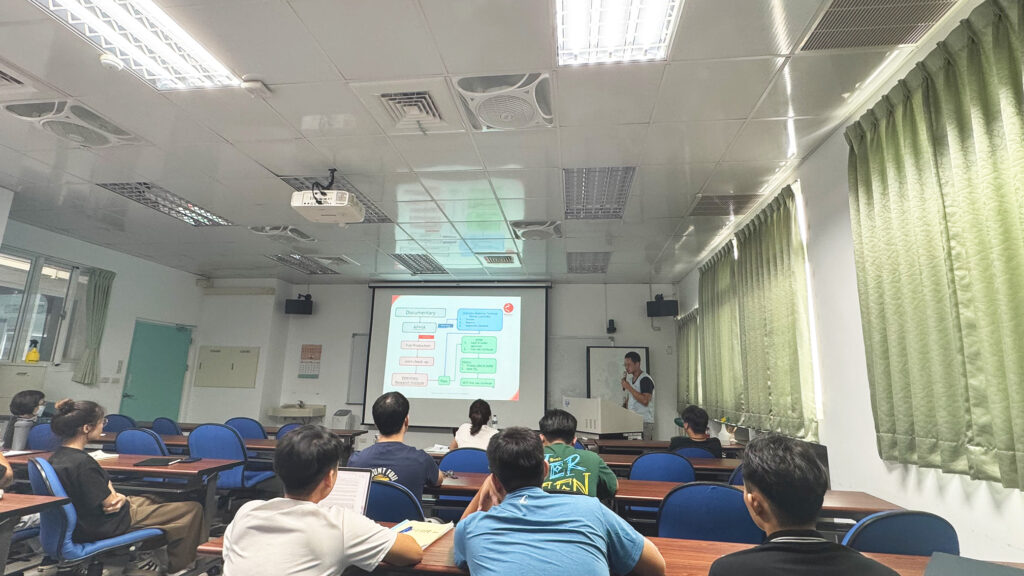
Dr. Lee also shared his expertise on selecting distributor companies in overseas markets, providing valuable insights into the criteria and strategies he employs during this critical phase. Additionally, he discussed the importance of conducting thorough marketing research to understand market dynamics and consumer needs in different regions.
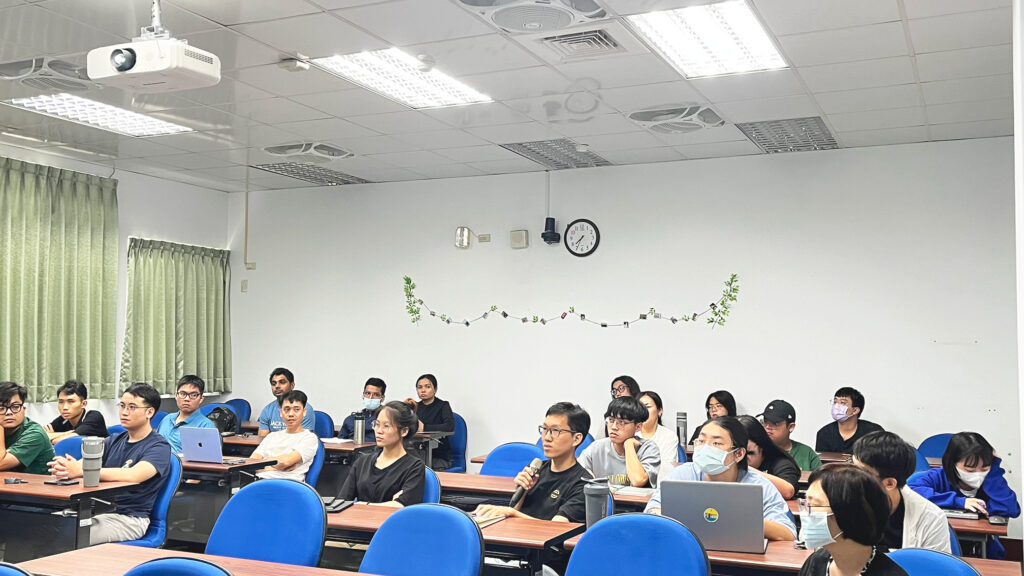
Attendees gained a comprehensive understanding of the regulatory landscape in the animal health sector, along with practical knowledge on navigating international business development. This seminar was particularly beneficial for professionals and students interested in the intersection of veterinary medicine and global commerce.



